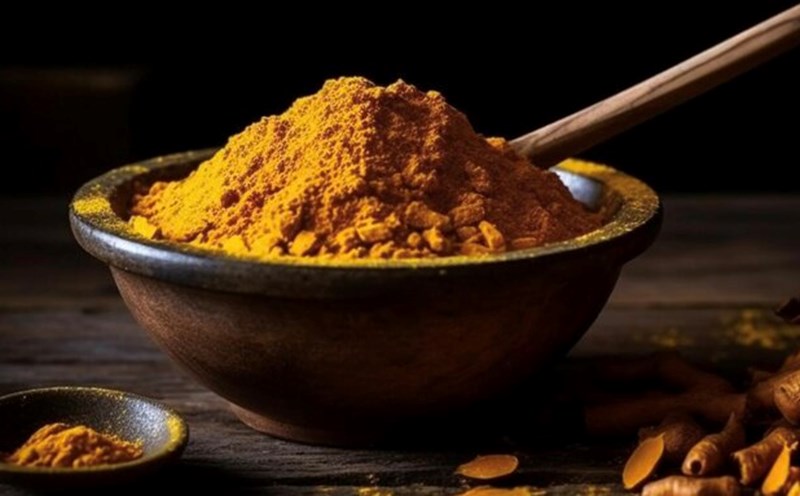Mouth breathing while sleeping is a popular habit but is often overlooked. However, according to health experts, mouth breathing at night can cause many serious health problems - from dry skin, poor quality sleep to negative changes in mood and spirit, according to Onlymyhealth. Here are the reasons why you should review your sleeping breathing style and effective remedies.
Why is mouth breathing harmful?
The human body was originally created to prioritize nasal breathing, because the nose has the function of filtering dust, moisturizing and warming the air before being put into the lungs. When you breathe through your mouth while sleeping:
The air is not thoroughly filtered, going straight into the throat and lungs.
Causes dry mouth, dehydration of mucous membranes, and even increase the risk of snoring and sleep apnea (OSA).
Disrupts your sleep cycle, making you feel tired in the morning.
Effects on the skin
Mouth breathing at night causes dehydration through the lips and skin more than usual. This causes the skin to:
Dry, peeling and sensitive, especially around the mouth and chin.
Early aging due to disorders in skin regeneration at night.
discoloration and lack of vitality due to obstruction of the skin recovery cycle.
Causes sleep and mental disorders
Mouth breathing not only causes dry throat or snoring, but also:
Reduces oxygen to the brain during sleep, causing you to wake up many times without realizing it.
Causes prolonged fatigue, lethargy and lack of concentration during the day.
This can lead to severe anger, anxiety, and even mild depression if prolonged.
How to fix it?
Do nasal breathing: Do gentle breathing exercises, such as yoga or floor breathing to re-form natural breathing habits.
Keep your nose clear: Wash your nose with saline, avoid contact with dust and smoke, and use nasal strips if necessary.
Changes in sleeping posture: Lying on your side helps limit the mouth automatically opening up while sleeping.
Consult your doctor if you suspect problems such as nasal discharge, allergic rhinitis, acute operative resuscitation, or sleep apnea.
Note
Mouth breathing at night is not a small matter. It deeply affects your skin, sleep and mental health. Pay attention to unusual signs such as dry mouth when waking up, dry skin, poor sleep or prolonged negative mood. By adjusting your lifestyle and improving your breathing habits, you can completely regain a more complete sleep and comprehensive health.











